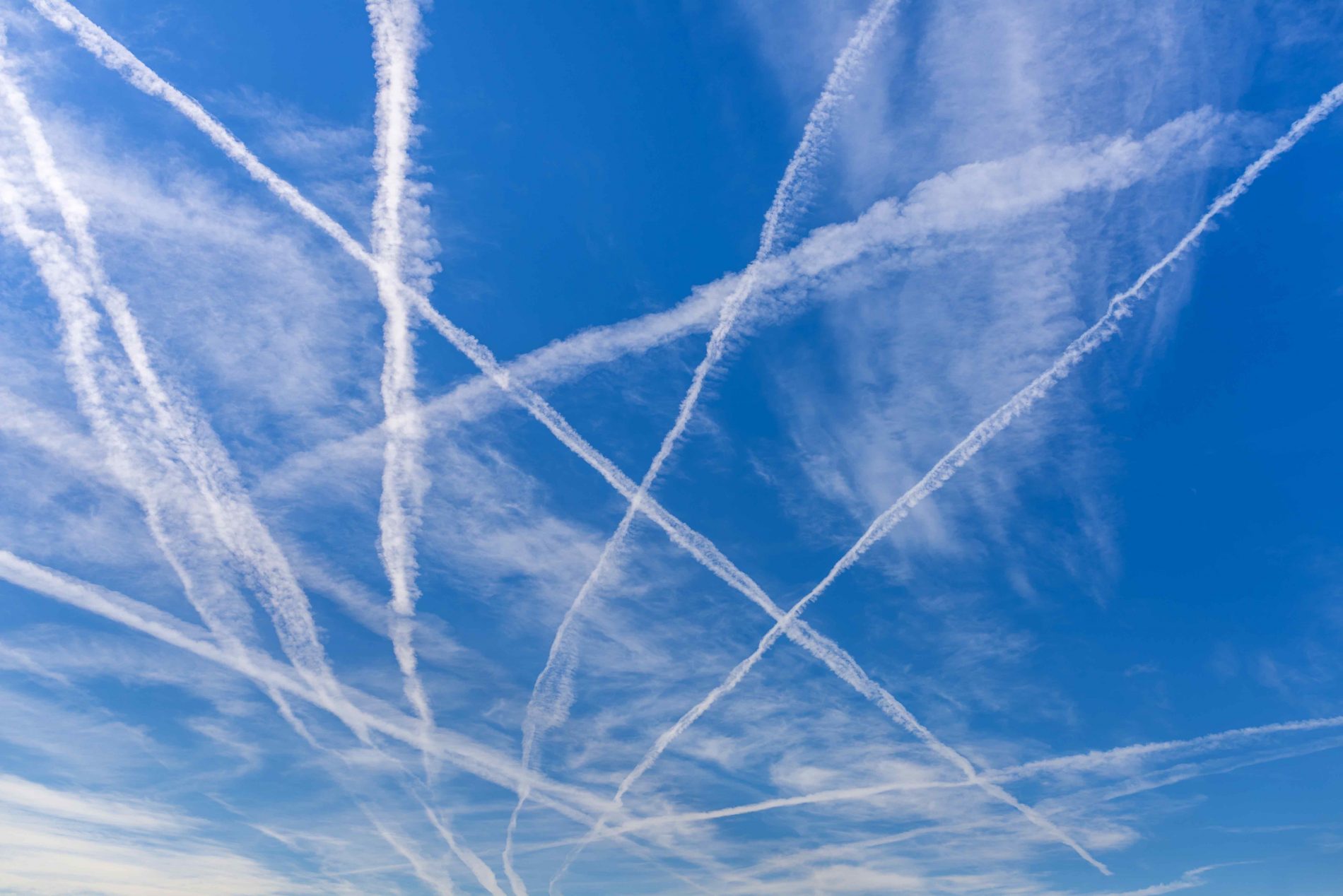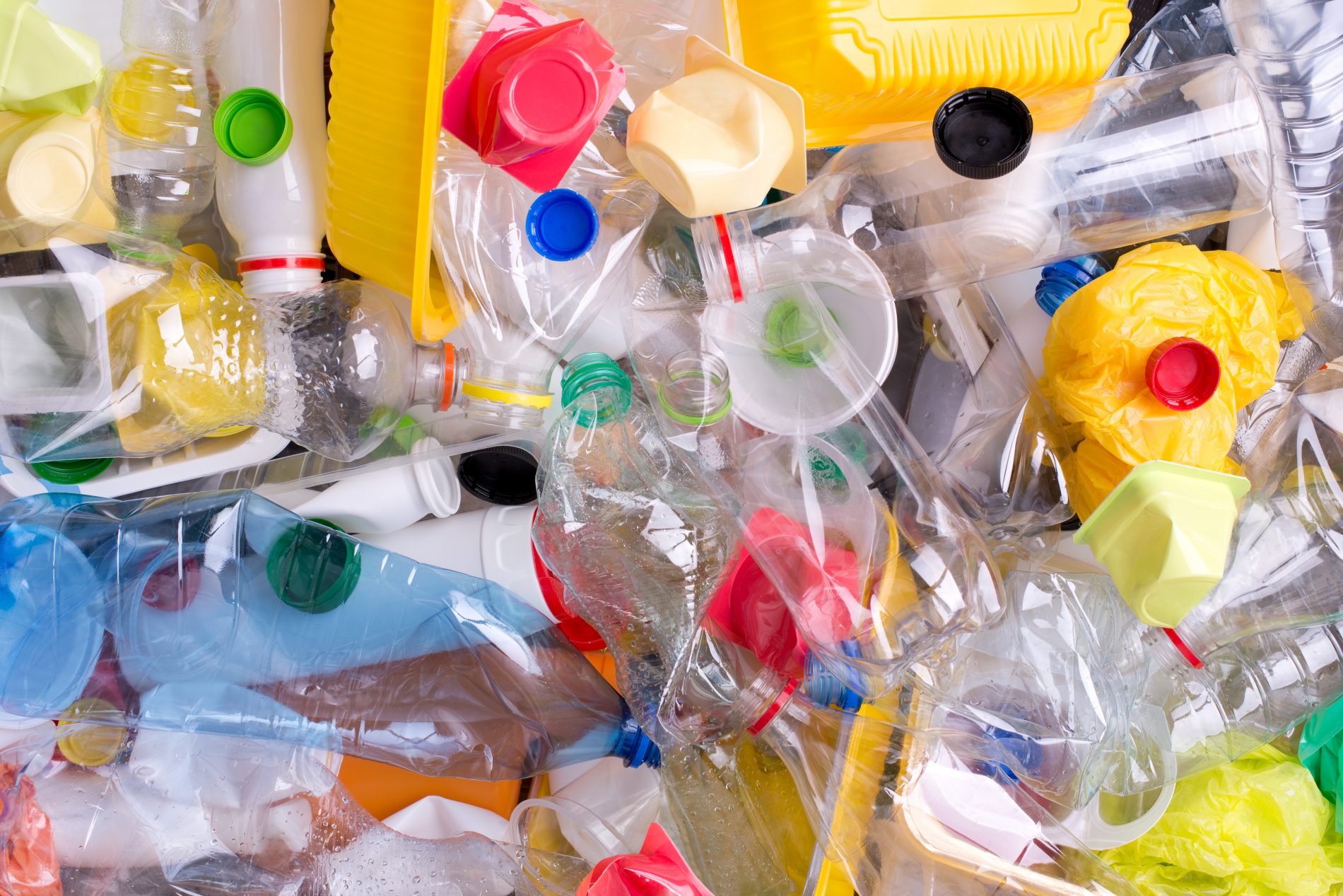The snow is finally melting, but what we find under the snow is what makes spring such a troubling time. Litter lined streets are so common now that we almost don’t pay any attention anymore.
How have we gotten to a place in this world, where blatant disrespect to the environment is so common?
Last weekend as I drove my usual route to the grocery store, I came to a stop at a stop sign and counted a total of 6 coffee cups that had been thrown out the window. As I kept driving, I was admiring the bright blue sky above me but something seemed strange about the white marks in the sky. They weren’t clouds, and it wasn’t the lines that are left behind in the sky from a passenger jet overhead. So what were the white marks in the sky? Chemtrails.
What are Chemtrails?
“Chemtrails are geo-engineered aerosols that are loaded with toxic chemicals, including but not limited to: barium, strontium 90, aluminum, cadmium, zinc, viruses and “chaff.” Chaff looks like snow but it’s actually Mylar fibers (like in fiberglass) coated with aluminum, desiccated blood cells, plastic, and paper.” (The Truth About Cancer).
The idea behind the use of chemtrails is to reduce global warming. As the chemicals that are sprayed in the air begin to disperse, they form a haze that stops some of the sun’s rays from penetrating to Earth. There is an entire field of study now called geoengineering and the goal of this profession is to alter the way Earth or the weather systems on Earth operate. Rather than working to eliminate the very causes of global warming, chemtrails are adding to the pollution and poor air quality that we are already aware are contributing to global warming.
Then, on my way home, I stopped at the coffee shop to grab a coffee and to my dismay, there was a pile of old coffee cups that had been dumped in the drive-thru lane. There was no garbage bin, so patrons had taken it upon themselves to throw their old cups on the ground to make room in their vehicles for their fresh cup of coffee. Now, more than ever, we need to be protecting our beautiful planet and making steps to eliminate trash and the disposal of harmful toxins that are affecting our ecosystems.
It is time to start doing our own part in conserving our planet.
- Recycle everything that you possibly can.
- Repurpose larger items before sending them to the landfill.
- Bring your own reusable bags to the grocery store.
- Save clean produce bags and reuse them the next time you grocery shop.
- Participate in your local community clean-up day.
- Carpool to work.
- Try to be as energy efficient as you can at home by turning off lights when you leave a room, using cold water to do your laundry and hanging clothes to dry rather than using the dryer.
- And finally, let’s treat our planet as though she were our best friend, because without her, we won’t have a future.
Jo-Anne Richardson has almost a decade of experience managing a chiropractic office and educating patients on how chiropractic can allow your body to express optimal health. She is a Registered Holistic Nutritionist and holds a Degree in Communications. She loves to experiment with raw vegan recipes, loves to salsa dance, travel and learn new holistic health information to share tips with everyone who visits the office.


